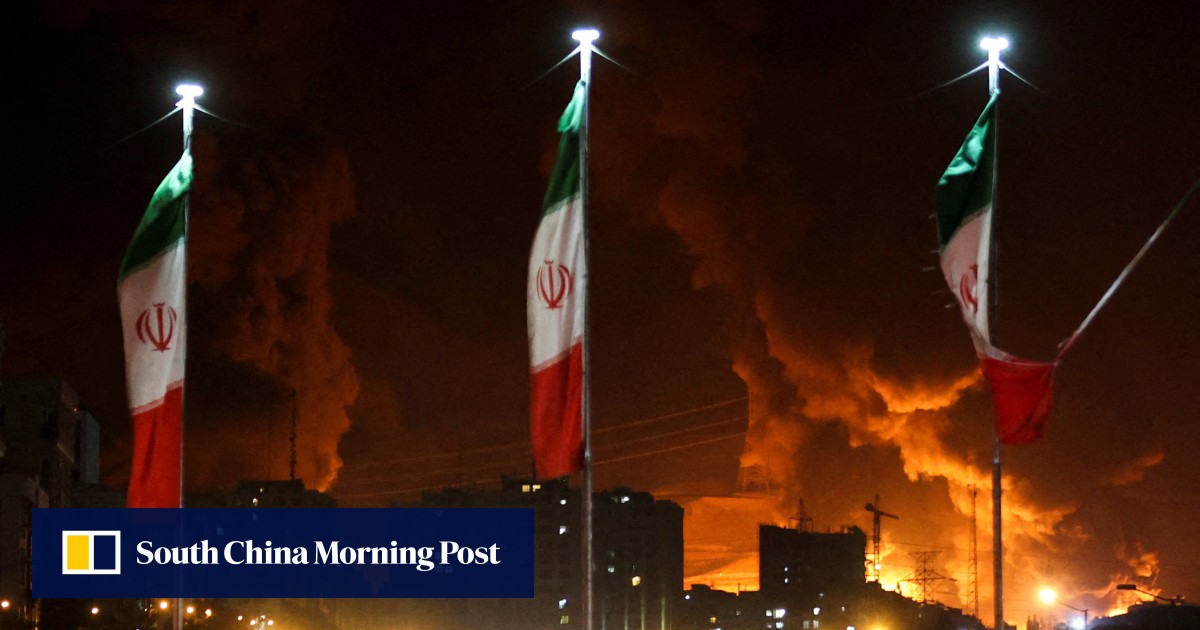In a significant diplomatic overture, Iran's foreign minister, Abbas Araghchi, has announced that the country is willing to resume negotiations with the United States regarding its nuclear program, provided
Did You Know
Honey never spoils; edible after thousands of years.
?
AD
there are firm guarantees against further military strikes. This declaration emerges in the wake of heightened tensions and recent attacks on Iranian nuclear facilities, emphasizing the fragile nature of regional security. The foreign minister's remarks underline a critical juncture where dialogue is essential but hinges on mutual assurances of restraint.
Araghchi's statement reflects Iran's long-standing position on uranium enrichment, a point of contention with U.S. authorities, particularly as previous administrations have insisted on limiting Iran's enrichment activities. The emphasis on securing guarantees before discussions can resume reveals Iran's focus on ensuring national security. While the statement suggests a willingness to engage, it also highlights the complexities of reaching a diplomatic solution amidst ongoing geopolitical tensions.
As the specter of military confrontation looms large, this latest development signals a cautious yet hopeful approach from Iran. With foreign policy reshaped by recent incidents in the region, the potential for renewed discussions offers a glimmer of optimism for peace, but one that is heavily laden with uncertainty. The path forward necessitates a careful balance of diplomacy and security, as the dual aspirations for negotiation and deterrence shape a complex narrative in U.S.-Iran relations.
Q&A (Auto-generated by AI)
What are Iran's nuclear enrichment plans?
Iran's nuclear enrichment plans involve continuing uranium enrichment on its soil, which it insists is necessary for peaceful purposes, such as energy production. The Iranian government, particularly through its Foreign Minister Abbas Araghchi, has emphasized that any resumption of negotiations with the U.S. hinges on assurances that it can maintain its enrichment activities, which have been a point of contention with the U.S. and other Western nations.
How have recent attacks affected negotiations?
Recent Israeli attacks on Iranian nuclear sites and a U.S. strike have complicated the diplomatic landscape, leading Iran to demand guarantees against further military actions before resuming negotiations. These incidents have heightened tensions and reinforced Iran's position that it must be assured of its security to engage in talks about its nuclear program.
What guarantees does Iran seek from the US?
Iran seeks guarantees from the U.S. that there will be no further military attacks against it. This assurance is crucial for Iran to consider resuming nuclear talks, as the foreign minister has stated that any negotiations must not lead to a path toward war. The emphasis on security reflects Iran's longstanding concerns about external aggression.
What was the outcome of previous nuclear talks?
Previous nuclear talks, particularly the Joint Comprehensive Plan of Action (JCPOA) established in 2015, initially led to a temporary easing of sanctions in exchange for Iran limiting its nuclear activities. However, the U.S. withdrawal from the agreement in 2018 and the subsequent re-imposition of sanctions have strained relations and complicated any efforts to resume constructive dialogue.
How does this impact US-Iran relations?
The current demands from Iran for security guarantees highlight the fragile state of U.S.-Iran relations. The history of mutual distrust, particularly following the U.S. withdrawal from the JCPOA and subsequent sanctions, has created a cycle of escalation. Iran's insistence on assurances reflects its desire to protect its sovereignty while the U.S. remains wary of Iran's nuclear ambitions.


















